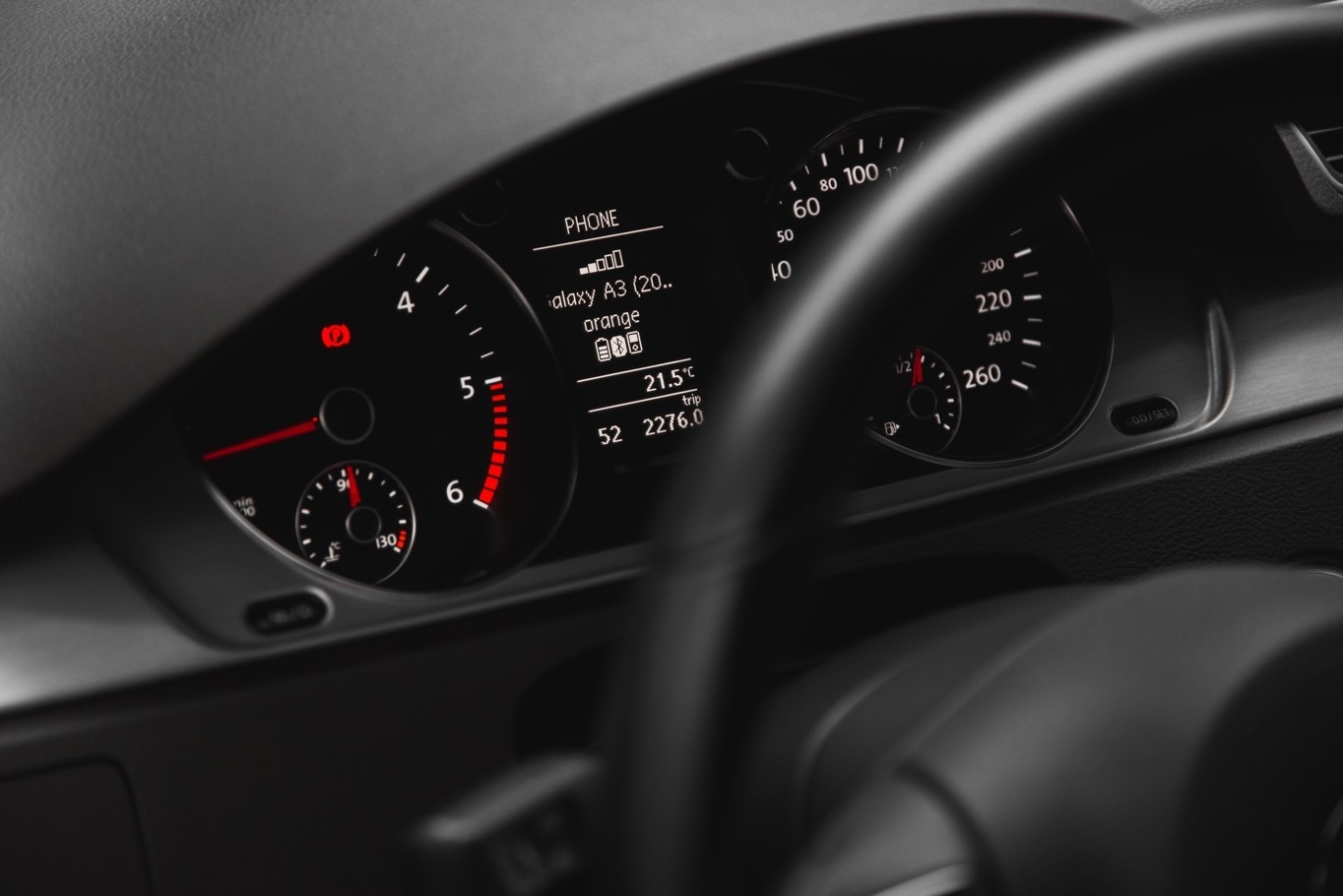A blinking engine light can be a nerve-wracking experience. Should you pull over immediately, or can you keep driving? Understanding what a flashing check engine light means is crucial to preventing potential damage to your car and avoiding costly repairs. This article will explore the common causes of a blinking engine light, the symptoms associated with it, and what steps you should take.
Why a Blinking Engine Light Demands Attention
While a steady engine light usually indicates a less urgent issue, a flashing light signals a serious problem that requires immediate attention. Ignoring a blinking check engine light can lead to significant damage to critical engine components, including the catalytic converter and oxygen sensors. This damage can quickly translate into expensive repairs, potentially costing thousands of dollars. Addressing the issue promptly can save you time, money, and prevent further damage to your vehicle.
Engine Misfire: A Common Culprit
The most frequent cause of a blinking engine light is an engine misfire. This occurs when one or more of your engine’s cylinders fail to produce power properly. Several factors can contribute to an engine misfire.
Common Causes of Engine Misfire
-
Faulty Ignition System: Worn or damaged spark plugs, ignition coils, or other ignition components can prevent the spark necessary for combustion, leading to a misfire. Regular maintenance and timely replacement of these parts are crucial.
-
Incorrect Air/Fuel Mixture: A precise balance of air and fuel is essential for proper combustion. An overly lean (too much air) or rich (too much fuel) mixture can disrupt this process, resulting in misfires, poor acceleration, and other performance issues.
-
Low Compression: Compression is the pressure created within the cylinders during combustion. Leaks in the head gasket, worn piston rings, or damaged valves can cause low compression, resulting in misfires and reduced engine power.
Recognizing the Signs of an Engine Misfire
Besides the blinking engine light, several other symptoms can indicate an engine misfire:
- Engine Vibrations: Noticeable shaking or vibrations, especially when accelerating or idling.
- Rough Acceleration: Hesitation, stumbling, or jerky movements during acceleration.
- Reduced Engine Power: A noticeable decrease in acceleration and overall engine performance.
- Unusual Engine Noises: Knocking, pinging, or other strange sounds coming from the engine.
- Strong Gasoline Smell: A raw fuel odor indicating unburnt fuel escaping from the exhaust.
What to Do if Your Engine Light is Blinking
If your engine light is blinking, it’s crucial to take action immediately:
- Reduce Speed and Avoid Straining the Engine: Minimize acceleration and avoid putting unnecessary load on the engine.
- Find a Safe Place to Pull Over: If possible, safely pull over and avoid driving further.
- Have Your Car Diagnosed by a Professional: A qualified mechanic can use a diagnostic tool to identify the specific cause of the blinking engine light and recommend the necessary repairs.
A blinking engine light is a serious warning sign that should never be ignored. Prompt diagnosis and repair can prevent extensive engine damage and save you from costly repairs down the road.

